detail profile brian mckenzie
Peran Yang Di Mainkan Brian McKenzie
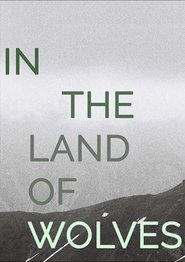 A portrait of a small Georgian...
A portrait of a small Georgian...In the Land of Wolves 2018
A portrait of a small Georgian village filmed across the seasons, that focuses on family intricacies and working the land in a timeless place of transience and refuge.
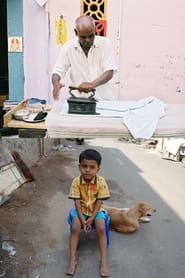 A compelling set of five stories...
A compelling set of five stories...Meet Me at the Mango Tree 2010
A compelling set of five stories illustrating the fragile nature of day-to-day existence in Tamil Nadu, Southern India.
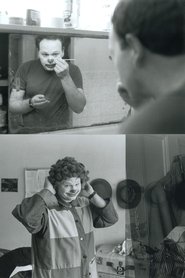 Noel Masons vaudevillian skills are appreciated...
Noel Masons vaudevillian skills are appreciated...Mister Biscuit 1999
Noel Mason's vaudevillian skills are appreciated by his younger audience, but he is not making enough money at the children's shows to pay his costs, his old car does not go very well, and he is dyslexic and unable to understand the contracts employers give him. The situation starts to look more hopeful when Noel answers a newspaper advertisement to join an entertainment agency.
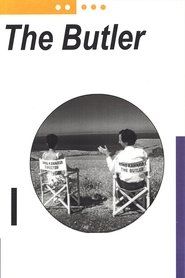 A documentary film with some acted...
A documentary film with some acted...The Butler 1997
A documentary film with some acted sequences sprinkled throughout, The Butler is about the special bond between the director and her brother Nino, in Melbourne, Australia. Kannava, re-establishing her life after developing a chronic health condition (scleroderma) at the age of 30, is assisted by her brother to live her life, and she in turns provide company and support to him, as he attempts to alleviate his loneliness.
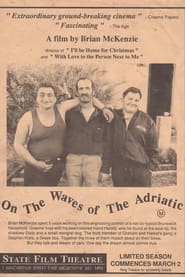 Melbourne filmmaker Brian McKenzie spent 5 years...
Melbourne filmmaker Brian McKenzie spent 5 years...On the Waves of the Adriatic 1991
Melbourne filmmaker Brian McKenzie spent 5 years working on this engrossing study of a not-so-typical Brunswick household. It's a laconic, observational documentary similar to the director's I'll Be Home For Christmas (MFF '85), in which McKenzie plays a central part, camera in tow, as he documents the lifestyle of Graham (a youth in his 20s), his family and friends. After having spent so long with the family, McKenzie becomes part of the furniture - a situation which enables him to dig deep into the subject's lives.
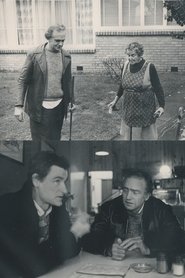 A closely observed portrait of a...
A closely observed portrait of a...Kelvin and His Friends 1988
A closely observed portrait of a single man in his 40's who lives in St. Kilda. Although he has none of the trappings of conventional existence, Kelvin's obsessive interest in born again Christianity, physical culture and recent German/Jewish history has given him a way of making sense of the world and led him to a number of people, friends through whom we see something of his life and beliefs.
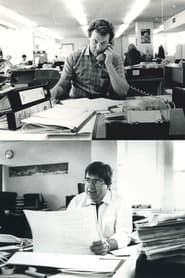 Work is becoming more service oriented...
Work is becoming more service oriented...The Last Day's Work 1987
Work is becoming more service oriented and more and more services rely upon us doing harm to each other. In most people's lives, work operates as a degrading and debilitating force. It disables people's critical and perception capacities. Unless workers assume responsibility for evaluating the meaning and implications of the work they do, there will never be the capacity to redirect the modern work institutions from their courses of violence and exploitation. Built in seven parts which correspond to each day of the week, this film studies the relationship between work being done and the nature of the people that are doing it.
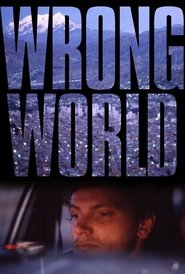 David Trueman is a young doctor...
David Trueman is a young doctor...Wrong World 1985
David Trueman is a young doctor who dreams of going to South America to practice medicine among the disenfranchised. Arriving in Bolivia, he encounters enough corruption and oppression to drive him away from his dreams and into the drug scene. Disillusioned and escaping to the U.S., he meets Mary, a young heroin addict who shares his angst. As the two commiserate, their bleak outlook lightens, promising a glimmer of hope for the both of them.
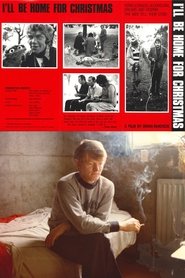 Ill be Home for Christmas cuts...
Ill be Home for Christmas cuts...I'll Be Home for Christmas 1985
I'll be Home for Christmas cuts through social taboos to explore the subculture of people commonly dismissed as ‘derelicts'. In its portrayal of five homeless men, the film challenges conventional views of alcoholism and homelessness by depicting these men as members of a social network with a highly developed sense of mutual concern and camaraderie.
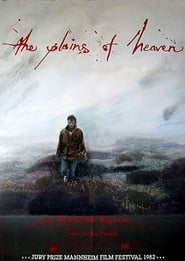 Two technicians manning a tracking station...
Two technicians manning a tracking station...The Plains of Heaven 1983
Two technicians manning a tracking station on the Victorian High Plains pursue opposite ways of coping with isolation. The ageing Cunningham seems to be rejuvenated by and obsessed with the landscape, while the younger Barker withdraws into the interior and technical world of the station.
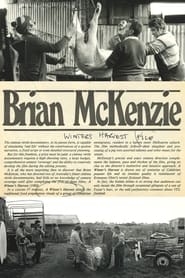 The documentary records the traditional Italian...
The documentary records the traditional Italian...Winter's Harvest 1980
The documentary records the traditional Italian community event of slaughtering a pig, butchering it for the meat, making sausages and having a feast with dancing enjoyed by the whole group.

